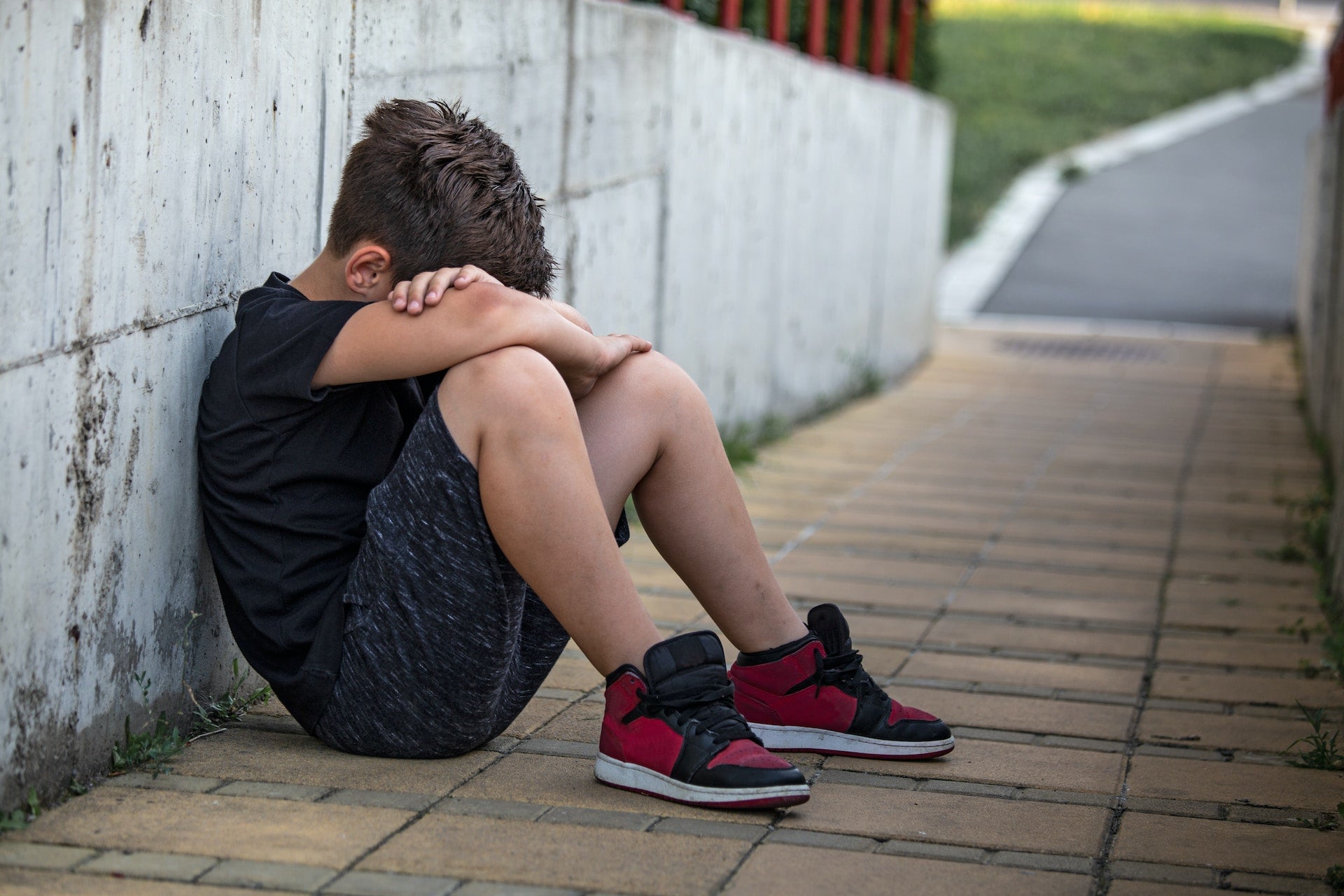Personal hygiene is the key to a life well lived. Clean skin, neatly trimmed hair and nails, and clean clothes are all important to our health. They all play a role in keeping illness and disease away.
But it doesn’t end there. Personal hygiene affects us in many different ways, both directly and indirectly.
One of those ways is our education.
Believe it or not, personal hygiene does impact our education. Read on to learn about the impact and what can be done, especially in the United States.
It Lowers a Child’s Self Esteem
Let’s face it; others’ harsh words and opinions can hurt. When a child is made fun of for not having the newest clothes or shoes, it can break their self-confidence. What’s worse is when they are made fun of for their poor hygiene. Dirty clothes, body odor, or bad breath are all easy targets for bullies to pick on.
Sometimes, it’s not even meant as bullying. Children can be brutally honest and don’t know they are embarrassing someone or hurting their feelings. This can cause a child to become an outcast in their class, and even affect their desire to attend school.
This affects a child’s confidence to take part in class activities. They will be less likely to ask questions when they need help. They will try not to draw any added attention to themselves. They will intentionally not participate, causing them to miss out on opportunities in school. Worrying about what others think or say can disrupt their focus on learning.
It Lowers a Child’s Attendance
Hygiene issues can even go so far as to affect a student’s attendance. Children who get bullied may fake being sick so they don’t have to face the bully that day.
Sometimes the schools will get involved and call the parents. Parents may need to go pick up their children who need to bathe or ask them to bring fresh clothes. This causes the children to miss lessons or tests while they deal with hygiene issues at school.
Middle and high-school-aged girls may miss several days of school monthly. This is because of their menstrual cycle if they don't have enough supplies to make it through the school day.
It Lowers a Child’s Grades
A lack of participation and possibly a high absence rate leads to poor grades. Missing a lot of school means missing tests, classwork, and the opportunity to get extra help. Lack of participation causes a student to miss out on information needed to understand hard concepts. This will cause them to perform poorly on coursework, leading to poor grades.
The more days a student can attend, and participate in class, the better they will do. It’s a domino effect; poor hygiene leads to a lack of confidence, which ultimately leads to missing school days, or missing out on opportunities to learn.
Hygiene and Students
Grade school-aged children tell it like it is and aren’t afraid to call out a child with poor hygiene. But the problem with bullying because of hygiene tends to pick up in middle school. For starters, middle school is the time when most students begin puberty. This leads to issues such as body odor, which a student hasn’t had to deal with yet. Parents must take the time to teach them about these changes. This includes how to wash properly and use deodorant daily.
This age group is outgrowing their childhood ways and figuring themselves out. They try to push the envelope to see what they can and cannot get away with. So, they’re more likely to bully other students for fun. Unfortunately, those with poor hygiene are easy targets.
For students who have been social outcasts since grade school, this tends to continue into high school. They get used to the social scene and eventually accept it. They continue to stay under the radar, and stay away from students they know will bully them. High school issues such as dating or underage drinking can also influence children with poor hygiene.
They may use drinking as a crutch due to the stigma surrounding them socially. They may use it to numb the pain of being left out socially, and watching other students flourish.
Make a Change That Matters
It’s important to teach children early in life how to care for themselves. It will prevent unnecessary illness or health conditions, and relieve some self-esteem issues. Let’s face it - kids have enough to deal with these days with the influence of social media.
Keeping your child clean and healthy gives them the confidence to ask that question in class, try out for the team, audition for that part, and so much more. It allows them to live a full life without worrying about others looking down on them for not taking care of themselves. Be sure to talk with your child about:
- Brushing their teeth when they wake up and before bed
- Washing their face when they wake up and before bed
- Using floss and mouthwash regularly for good dental hygiene
- Showering every other day to clean their body and hair
- Trim hair and nails regularly
- Washing their hands frequently, especially after using the bathroom
- Menstrual cycles for young women, the proper supplies needed, and what they need to do monthly
- Teaching young men about shaving when the time comes
For parents who can't afford hygiene supplies for their household, there are resources that can help.
Provision Promise is one resource that aims to provide families and individuals with the hygiene supplies needed to stay clean and healthy. Its goal is to not let one’s dignity be damaged by their inability to afford personal hygiene supplies.









Leave a comment